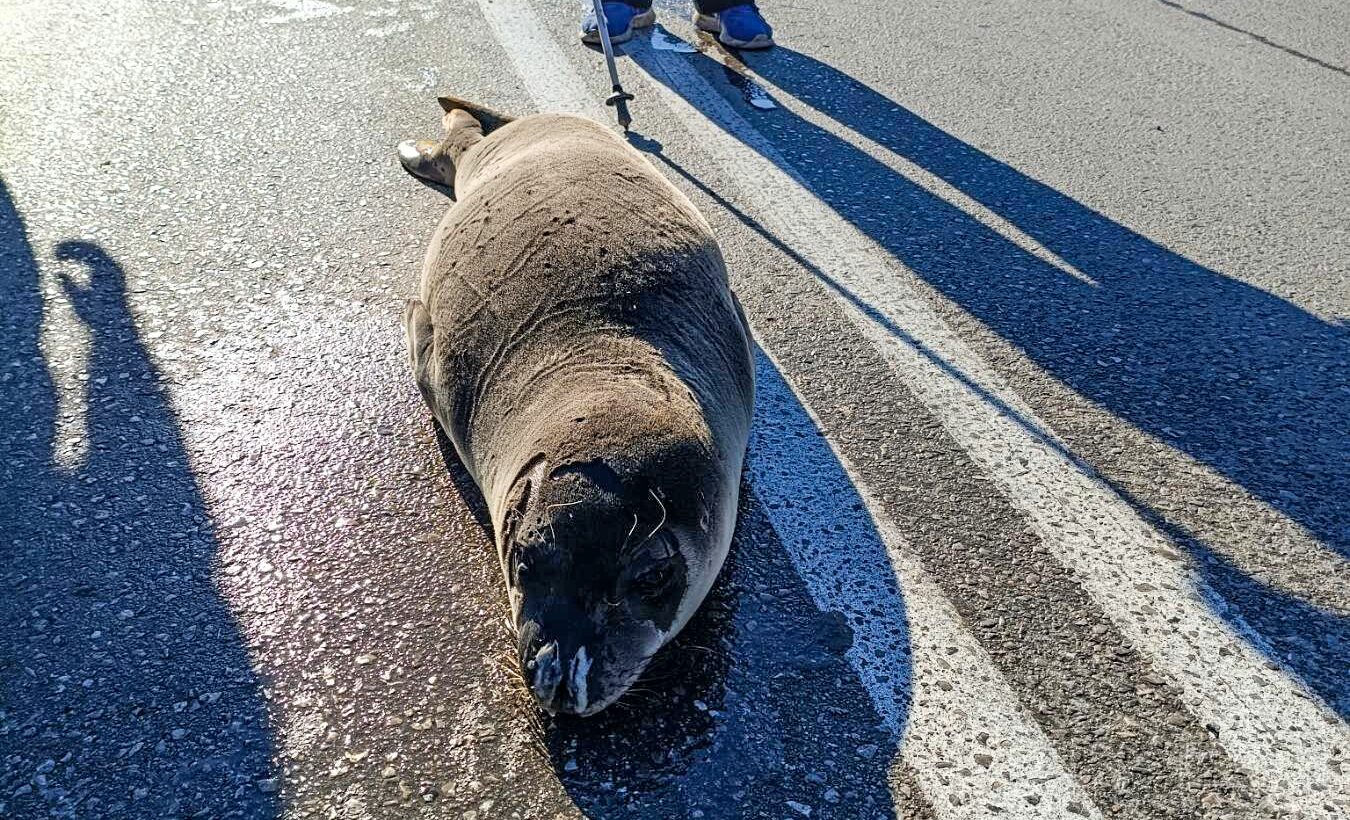Supreme Court: Adidas Won Against Charisteas in the Tax Office “Field”
Undoubtedly, Angelos Charisteas is one of the great names in Greek football. He is the player who, in the summer of 2004 in Lisbon, secured the European Championship (Euro) for Greece with a header. However, outside the field, things did not go well for him in his dealings with the sportswear company Adidas, which was a sponsor of both the national team and Charisteas personally.

The Sponsorship Agreement
In October 2004, after Greece won the European Football Championship, Angelos Charisteas signed a private four-year agreement with Adidas. According to this contract, the company agreed to provide him with sports equipment and an annual sponsorship fee of €100,000. Additionally, it was agreed that Adidas would pay him an extra €35,000 per year if he participated in 70% of the national team’s official matches and 30% of his club team’s matches. In return, the footballer committed to using Adidas sportswear (shoes, jerseys, towels, etc.) exclusively and without compensation in all matches, training sessions, and public appearances.
The agreement was renewed for two more years (2008-2010), but the annual sponsorship was reduced to €60,000. Furthermore, new terms were added, including a clause stating that Charisteas was responsible for all income and other taxes on the payments made by Adidas, including any additional taxes or deductions.
At the time of the first contract, Charisteas claimed that he was assured by the company that he was not considered a professional entrepreneur and, therefore, was not required to pay VAT or maintain financial records for issuing invoices.
Tax Audit and Fine
However, in 2014, a tax audit was conducted, and the tax authorities informed Angelos Charisteas that Adidas had issued eight service invoices in his name for the payments made based on their private agreements.
As a result, Charisteas paid the tax office €653,176. Of this amount, €104,779 was for unpaid VAT, while €548,397 was for fines due to the failure to file VAT returns, failure to keep income and expense records, failure to issue invoices, and failure to declare business activities.
The tax authorities ruled that “any type of sponsorship given to athletes in exchange for either direct or indirect benefits is classified as income from freelance work since the sponsorship is granted in return for advertising exposure.” Furthermore, they stated that promotional activities by athletes are considered a form of service provision, making athletes subject to the obligations of professional entrepreneurs, including keeping financial records and issuing invoices with a VAT rate of 19%.
In other words, the tax office determined that Angelos Charisteas was required, as a professional entrepreneur, to maintain financial records and issue invoices for the payments he received from Adidas, having first registered as a business entity. However, Charisteas had not followed this process.
Charisteas’ Response and Lawsuit Against Adidas
In response, Charisteas argued that he had not refused to issue tax documents and that everyone involved believed the contracts were pure sponsorship agreements. He contended that sponsorships exclude profit-making and are solely intended to cover an active national team player’s operational expenses.
Despite his arguments, the tax authorities proceeded with imposing the €652,500 charge. Consequently, Angelos Charisteas took legal action against Adidas, claiming the company engaged in breach of contract, contrary to good faith and commercial ethics. He argued that the company’s actions caused him financial loss and moral harm due to damage to his personal reputation. He demanded reimbursement of the €653,176 he paid in taxes, plus an additional €200,000 in compensation for moral damages.
The Legal Battle and Supreme Court Decision
Charisteas lost the legal battle against Adidas in both the Athens Multi-Member Court of First Instance and the Athens Court of Appeals. The appellate judges ruled that, by signing the contracts, the footballer was fully aware that he was responsible for paying VAT and any other taxes beyond the legally required 20% withholding tax. Therefore, Adidas bore no contractual or tort liability, nor had the company engaged in deceptive conduct.
Furthermore, the court found no evidence that Adidas representatives had assured Charisteas that he was exempt from keeping financial records, issuing invoices, or paying VAT when signing the initial contract.
Charisteas then appealed to the Supreme Court, seeking to overturn the appellate decision. However, the judges of the Supreme Court’s Civil Division upheld the Court of Appeal’s ruling, rejecting all of Charisteas’ legal arguments as unfounded.
Ask me anything
Explore related questions





